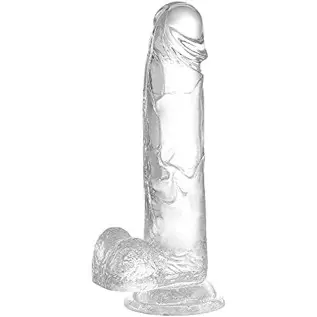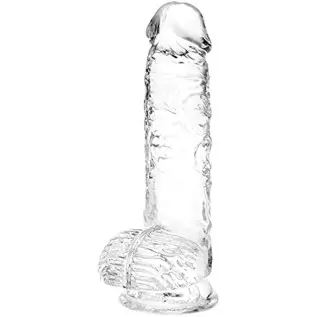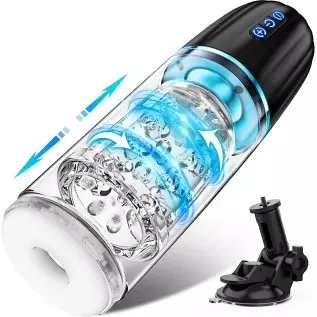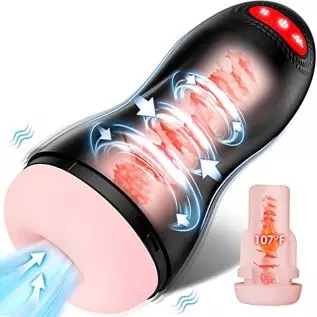Diarrhea in women turns out to be this disease! What treatment will lead to recovery?
If women have frequent diarrhea, most of the cases are related to the intestines. But if no abnormalities are found in the intestines after going to the hospital for examination, then you should be careful about whether it is a gynecological problem.
Can pelvic inflammatory disease cause diarrhea
Pelvic inflammatory disease can cause diarrhea. What causes it? Because the female uterus is in front of the rectum, if the female suffers from pelvic inflammatory disease. The uterus can easily compress the sacral nerves, causing a falling sensation. The uterus will squeeze into our rectum, stimulating the rectal mucosa to contract and causing defecation. Chronic diarrhea will occur.
What is pelvic inflammatory disease
Pelvic inflammatory disease is a symptom of the female pelvic cavity. Chronic pelvic inflammatory disease is mostly caused by incomplete treatment of acute pelvic inflammatory disease. Its onset time is relatively long, and the condition is very stubborn.
In our lives, not all women will suffer from pelvic inflammatory disease, and only a small number of people will suffer from it. Because women have their own defense system, under normal circumstances, they can resist the invasion of bacteria. Pelvic inflammatory disease occurs only when the body's resistance decreases, or when the defense function is destroyed due to other reasons.
What other dangers will pelvic inflammatory disease bring
1. Infertility: Fallopian tube adhesion and obstruction can cause infertility.
2. Ectopic pregnancy: The incidence of ectopic pregnancy after pelvic inflammatory disease is 8-10 times that of normal women.
3. Chronic pelvic pain: This is due to inflammation that will form adhesions and the bottom of the pelvic cavity will be congested, which often causes swelling and pain in women's lower abdomen. The condition often worsens after sexual intercourse or overexertion.
4. Recurrent pelvic inflammatory disease: Due to the destruction of the fallopian tube tissue structure caused by pelvic inflammatory disease, the local defense function is reduced. If the patient is still at the same high-risk factor, reinfection can lead to recurring pelvic inflammatory disease. . About 25% of those with a history of pelvic inflammatory disease will have another episode.
How to treat pelvic inflammatory disease
Pelvic inflammatory disease is mainly treated with antibiotics and, if necessary, surgery. Antibiotic treatment can clear the pathogen, improve symptoms and signs, and reduce sequelae. With appropriate antibiotic treatment, most pelvic inflammatory diseases can be completely cured.
Principles of antibiotic treatment: empiric, broad-spectrum, timely and individualized. It is more reasonable to select antibiotics based on drug susceptibility testing, but antibiotic treatment usually needs to be given before laboratory results are obtained. Therefore, antibiotics are often selected empirically for initial treatment.
















